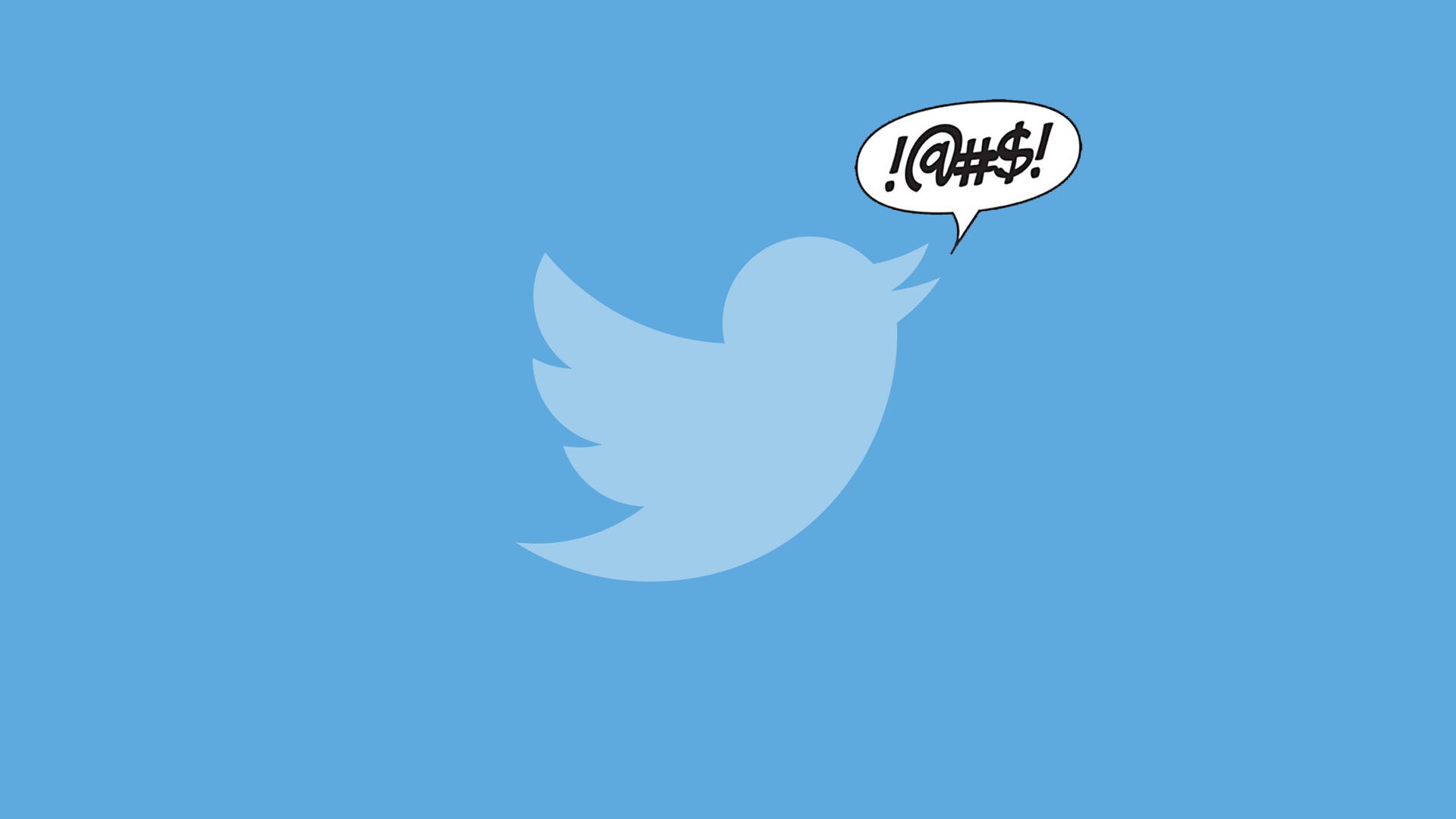The activity of trolling persons you oppose politically is growing and spreading like kudzu, choking what’s best in our political conversations.
What is a Troll?
The online definition of a troll is someone who makes “a deliberately offensive or provocative online posting with the aim of upsetting someone or eliciting an angry response from them.”
We should update that definition. Most of the trolling I see now doesn’t even try to provoke a response from the celebrity or candidate; rather, it’s a way of poking their fans or supporters in the eye.
Flood of Insults
Look at the Twitter accounts of the major candidates running for president right now. No matter what statement a candidate makes or position a candidate endorses, the dominant response on Twitter is mockery and disgust. The few cheers from supporters are drowned out by jeers from the opposition.
At first, I thought this phenomenon might be true of only those candidates with low favorability ratings. I was wrong. Even those who score high in favorability ratings find their Twitter feeds flooded with wave after wave of insults.
I also wondered which party was to blame. Is it conservatives or liberals who are more likely to engage in this kind of behavior? I found that, even though there are partisan divides in the United States, trolling crosses the aisle. All the candidates face this issue, whether they are on the right or the left. The politician posts, and the trolls come out to play.
Amplified Instincts
Now, I realize that every generation thinks the state of political rhetoric and uncivil discourse is “worse than ever.” I used to think that too, but diving into history books quickly disabused me of that notion. (Read up on the Bryan / McKinley campaign of 1896, or the four-way race of 1912 for an introduction to cutthroat campaigns.)
But surely social media has taken some of our basest instincts and amplified them, right? Surely the omnipresence of social media and the ability for anyone to become a broadcaster has had some effect on our ability to dialogue and persuade. Whatever the positives that social media offer (and I see many), I fear this tendency to turn the public space of Twitter and Facebook into a bashing contest drives our discourse into the ground.
Thinking takes too much time. Talking comes much faster. So, it’s out with debating, and in with venting.
Debating vs. Trolling
There is, of course, a place for a well-timed comment that responds to an untruth or an immoral position from a politician. I don’t think we should squelch dissent in any way or to seek to muzzle people. My concern is with the tendency of some to troll the candidates they disagree with, merely so they can spew insults and mockery.
I don’t know what’s going on psychologically in the mind of the troll. Do they hope to convince people with their temper tantrum? Is it just a way to let off steam at someone else’s expense? What is so temporarily satisfying about this behavior that so many people are drawn to it?
Honor in a World of Insults
It bothers me most when I see evangelicals engaging in this behavior. So, a word to my readers: we may not be able to solve the problem of incessant trolling, but we do not have to further it.
Whenever you feel the need to relentlessly attack the candidates you disagree with, you should see that tendency as fleshly, not godly. Do not spread slander. Fact check. Make your disagreements substantive and your commentary winsome.
The Apostles Peter and Paul were clear: Christians are to show honor to everyone, including (in their time) Nero, a bloodthirsty, sexual deviant on Caesar’s throne. We should be known for honor in a world of insults.
Alongside programs that filter internet content coming into our phones or computers, we ought to consider an “honor filter” that would help us control what goes out.
The world needs the aroma of heaven, not the toxic fumes of our online battles. If it’s true the trolls are winning the web, let’s make sure there are as few Christians as possible among them.
